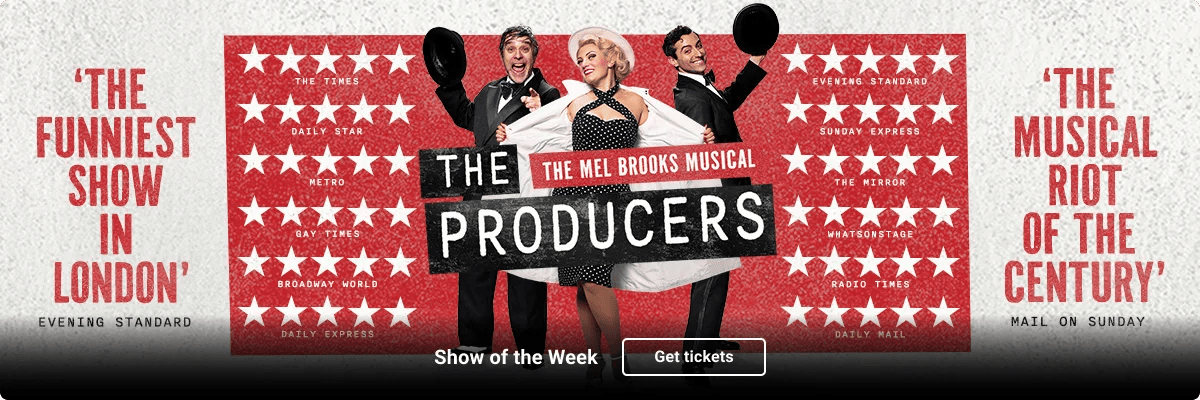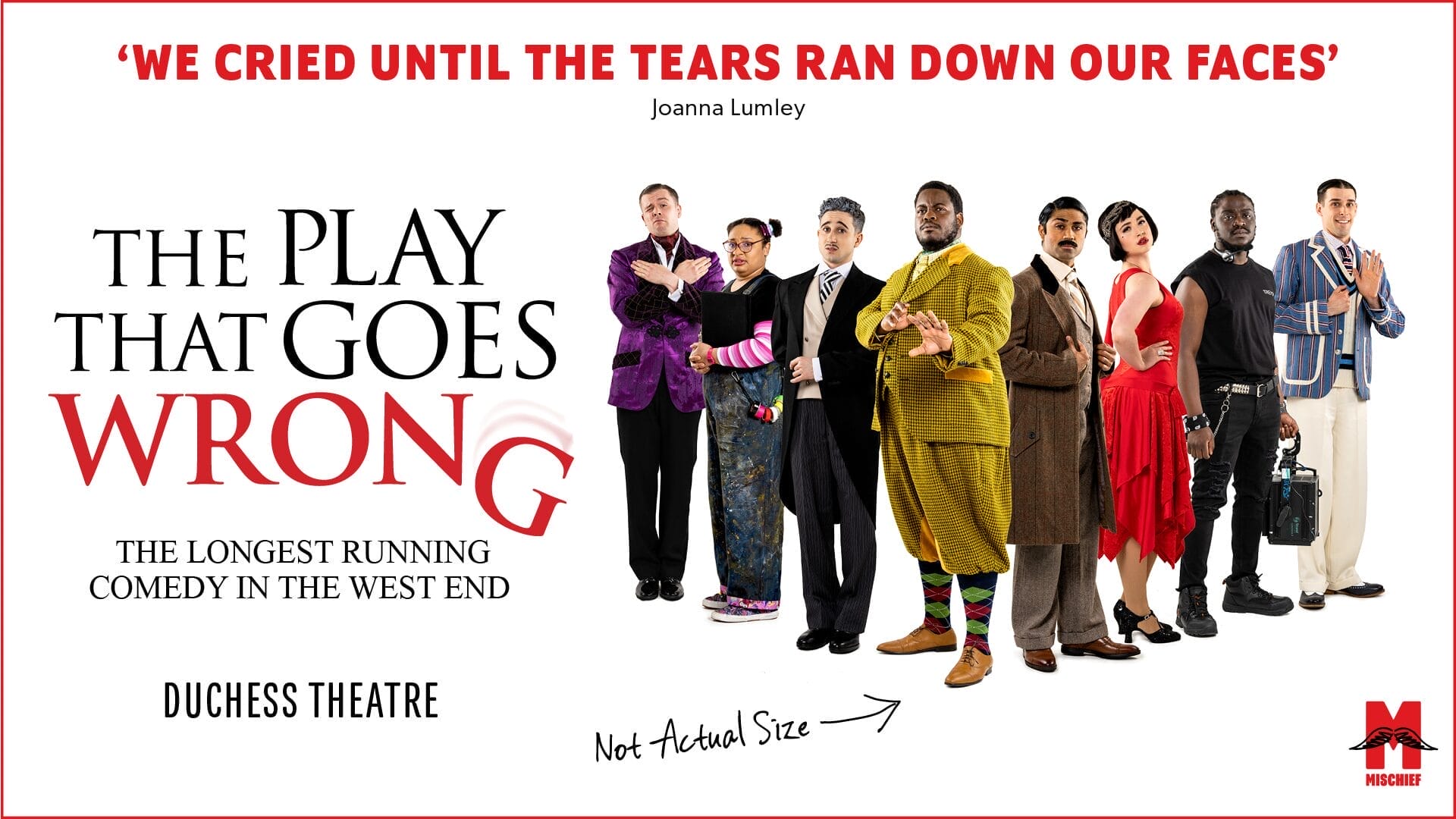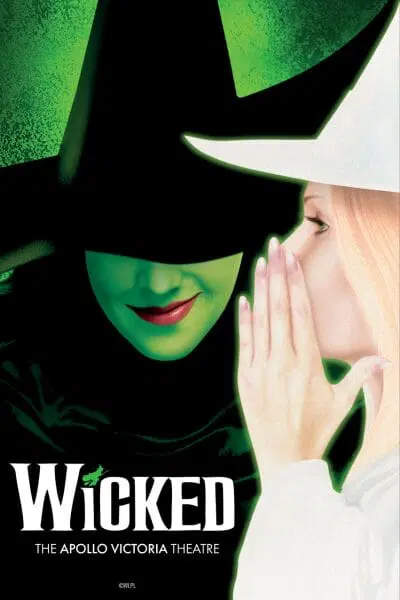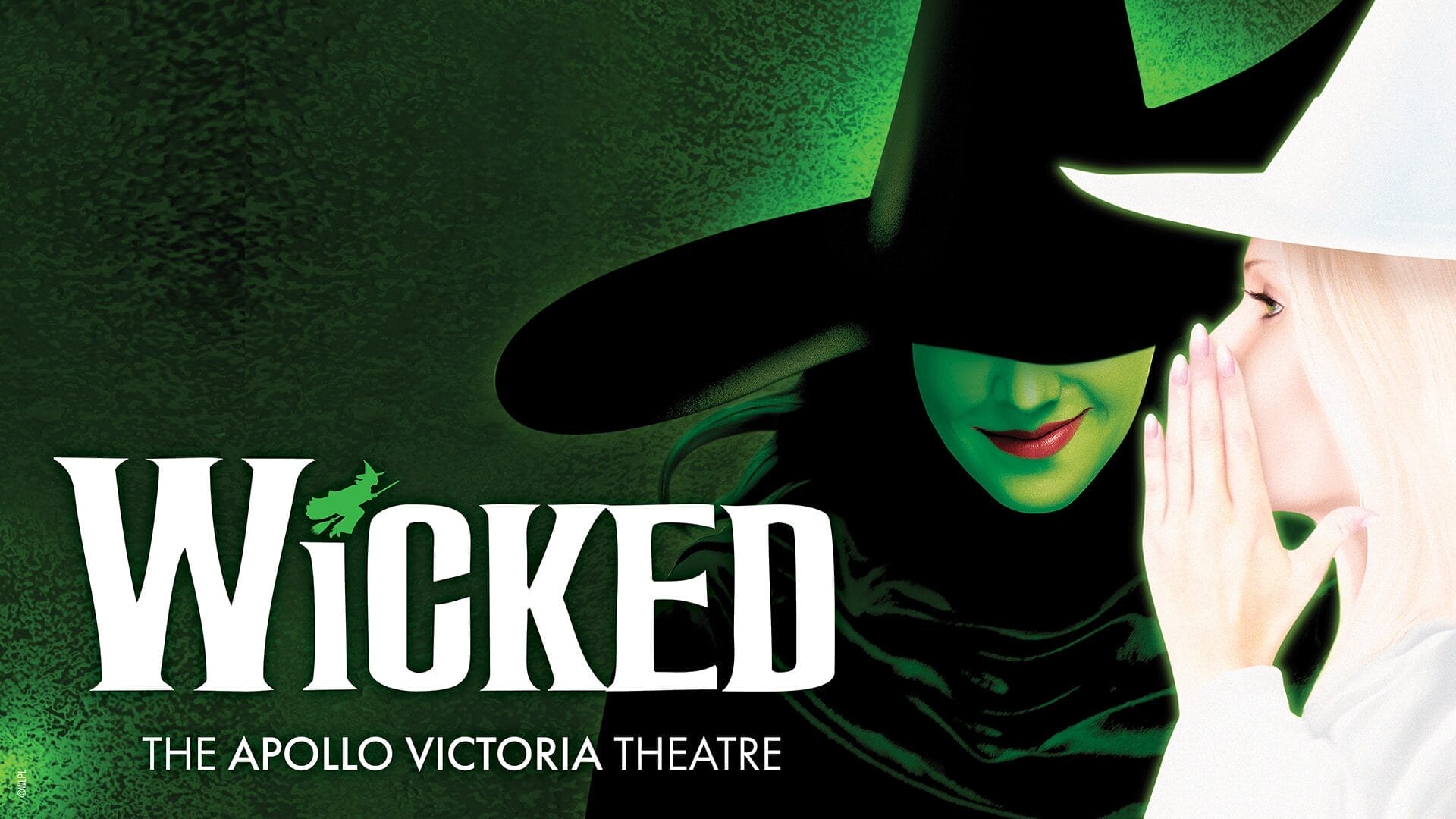 Sam (Claire Love Wilson) is curiously examining an old piano she inherits from her grandmother, Morag. She keeps making scratchy, atonal sounds on it, which are immediately recorded live and played back by Sally Zori, the onstage “DJ,” creating an echo-and-delay effect.
Sam (Claire Love Wilson) is curiously examining an old piano she inherits from her grandmother, Morag. She keeps making scratchy, atonal sounds on it, which are immediately recorded live and played back by Sally Zori, the onstage “DJ,” creating an echo-and-delay effect.
These abnormal, dissonant sounds, unlike the conventional ones that please the ear, mirror Morag and Sam’s queerness. Conceived and written by Wilson and directed by Peter Lorenz, Morag, You’re A Long Time Deid is a delicate, tender, and thoughtful exploration of queerness, romantically nostalgic, interwoven with the reinvention of the Scottish ballad tradition.
The show’s most notable feature is its rich use of sound, which fuses seamlessly with the narrative. The echo-and-delay approach not only reflects Morag’s life as a queer woman who married a man and eventually killed herself — long before the delayed, more open-minded present — but also forms a sort of dialogic juxtaposition: Sam talks back to her pre-recorded voice straightaway, reproducing the painful love scenes between Morag and her former lover, Jessica.
Wilson and Zori switch swiftly between different roles, including Sam, her grandfather, and doctors declaring Morag’s depression and the brutal use of electroconvulsive therapy (ECT). The bond between Sam and her grandfather is as significant as the bond between Morag and Sam. It is through her grandfather’s silence that Sam becomes more determined to uncover the mystery of Morag. And through her journey with Morag’s favourite Scottish ballads, she finally reveals her true self: she’s a lesbian.
Scottish ballads are another featured theme in Morag, and Sam decides to “make queer” of it through a great amount of audience interaction. I remain sceptical about the decision to invite the audience to come on stage and perform a traditional Ceilidh dance, as it may interrupt the play’s unique flow. However, the intention to re-examine the heteronormative conventions behind the lyrics is clearly conveyed. Similarly, Sam invites us to rewrite the lyrics, prompting a question about how a vet should treat a chicken seen as a “freak”—an obvious metaphor for queerness.
The blatant use of metaphors also appears in Sam’s eulogy to her grandfather, a keen bird lover. She shares the fact that while a crow is black in our eyes, it is rainbow-like in the eyes of other birds. While this perspectivism makes absolute sense in celebrating queerness, it falls somewhat shallow and banal. The eulogy itself is also preachy and wordy.
“Imagine love into a vacuum,” says Sam. Intertwined with her exploration of Morag and the Scottish ballad tradition is Sam’s romantic encounter with her own “fairy queen” in a lesbian bar, mischievously represented by a flowery suit jacket. This subplot reaches its climax when Sam sings a newly composed ballad celebrating her proud “coming-out.” However, with only simple disco-style lighting, it suffers from an absence of theatrical build-up that could be truly elevating.
The show properly ends with a final invitation for the audience to engage in a mutual “jig,” imagining our own grandparents grooving with us. It’s a pity that the Art Depot wasn’t full tonight, but the intimate atmosphere allowed for a shared journey to explore this little gem from Vancouver.















